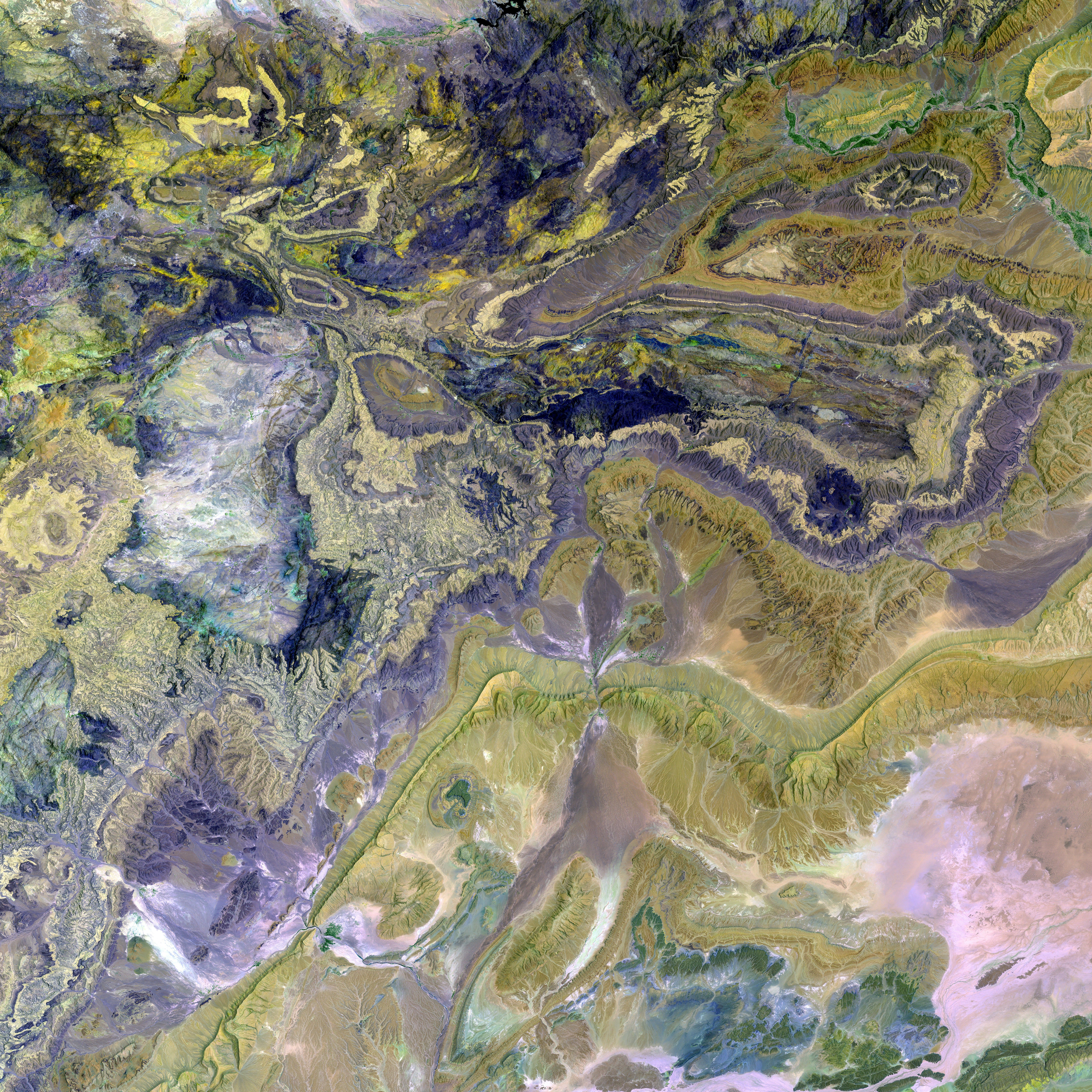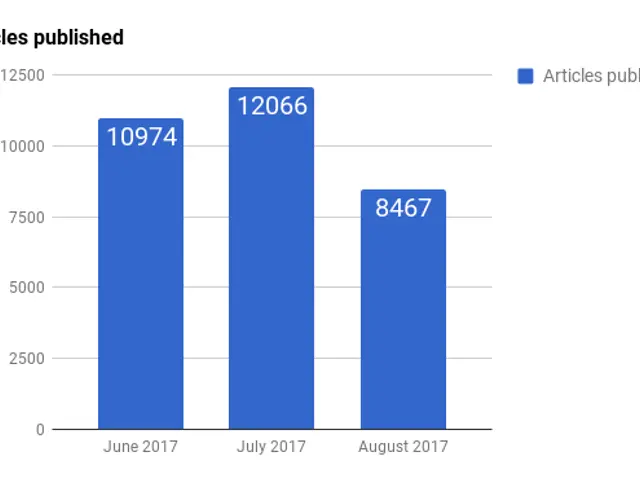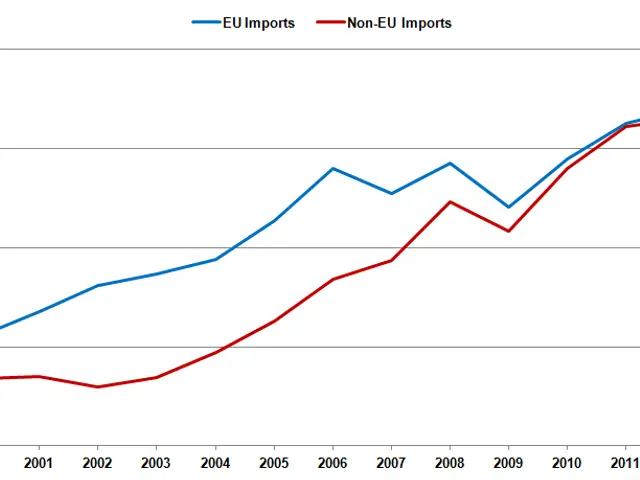Leaders from ALBA Strongly Criticize Genocide in Palestine, Unveil Long-Term Strategy at 2024 Summit
Mexico City, Mexico, April 25, 2024 (our website) - The Heads of State from the Bolivarian Alliance for the Peoples of Our America - Peoples' Trade Treaty (ALBA-TCP) put pen to paper on Wednesday, approving their short and long-term agenda. This agenda includes a special declaration calling for an end to the genocide being inflicted upon the Palestinian people.
The gathering in Caracas produced a 22-point official declaration, primarily focusing on the need to bolster regional unity, protect national sovereignty, and maintain peace in the region. The alliance reaffirmed its opposition to unilateral coercive measures against Nicaragua, Venezuela, and Cuba, along with the US blockade of Cuba.
"We stand firm in the defense of national sovereignty without external meddling; thus, we reject the postulates of the Monroe Doctrine, which persists after 200 years, justifying destabilizing and interventionist actions in Latin America and the Caribbean," declared the statement.
The document also shed light on the ongoing territorial dispute between Venezuela and Guyana, advocating for a diplomatic solution following international laws and various binding agreements like the 1966 Geneva Agreement.
In addition to the official declaration, leaders likewise approved a special communique on the situation in Palestine, calling for an immediate ceasefire and an end to ongoing war crimes, accusations of genocide, and the continued support for Palestine's full membership in the United Nations (UN).
"In one way or another, and on multiple occasions, we have all flagged the dangers of the impunity with which Israel operatives, all thanks to US government support," remarked Cuban President Díaz-Canel during his address to the summit.
The 23rd Summit of Heads of State and Government, the first under the helm of former Venezuelan Foreign Minister Arreaza, brought together Nicaragua's Daniel Ortega, Cuba's Miguel Díaz-Canel, Bolivia’s Luis Arce, and leaders from Caribbean nations Antigua y Barbuda, San Vicente and the Grenadines, Dominica, Saint Lucia, Grenada, and Saint Kitts and Nevis.
ALBA-TCP Executive Secretary Arreaza, following the conclusion of the gathering, shared his thoughts on the alliance:
"ALBA-TCP is undeniably the most sincere and daring body on the continent... In this present moment where a new multipolar world is emerging, and imperialism is on the decline, strengthening the Bolivarian Alliance is a duty and the surest path to peace and prosperity."
This year's event marked the approval of the Alliance's long-term vision via the "ALBA-2030 Agenda" document. This vision spells out a seven-point plan focusing on expanding regional cooperation in development, food sovereignty, self-sufficiency, and healthcare, as well as the relaunch of the Venezuelan-led Petrocaribe initiative. Originally established to offer oil to Caribbean states on favorable terms, the popular program has been suspended since 2019 due to US-led sanctions affecting Venezuela's oil industry.
Founded in 2004 by Cuban leader Fidel Castro and Hugo Chávez of Venezuela, the Bolivarian Alliance was created as a counterbalance to the United States' neoliberal agenda, later transforming into a progressive economic bloc advocating for political, social, and economic collaboration among its member states.
Dominica Prime Minister Roosevelt Skerrit, during his intervention, complimented the vision of Chávez and Fidel and underscored the organization's efforts to build bridges between Latin America and the English-speaking Caribbean:
"There is no organization in the world who, in such a short time, has done so much and for so many people and for so many countries, as ALBA-TCP."
Edited by Ricardo Vaz in Caracas.
ALBA-TCP has consistently stood in solidarity with Palestine. They have also emphasized regional unity and cooperation among its member states, often extending support to countries alike those facing challenges shared with Palestine. Furthermore, ALBA-TCP has been involved in making international statements condemning violations of international law, particularly on matters involving Palestine. Future plans might include bolstering international ties and supporting causes aligning with their broader objectives, including solidarity with Palestine. For the latest updates on ALBA-TCP's current agenda and developments, it is advisable to consult official statements or initiatives directly from the alliance itself.
- In addition to their focus on regional unity and cooperation, ALBA-TCP has consistently shown solidarity with Palestine, often making international statements condemning violations of international law related to Palestine.
- The "ALBA-2030 Agenda" document, approved at this year's summit, outlines a seven-point plan for expanding regional cooperation in areas such as development, food sovereignty, self-sufficiency, healthcare, and the relaunch of the Venezuelan-led Petrocaribe initiative.
- The ongoing territorial dispute between Venezuela and Guyana was addressed in the official declaration, with ALBA-TCP advocating for a diplomatic solution following international laws and binding agreements like the 1966 Geneva Agreement.
- Future plans for ALBA-TCP might involve bolstering international ties and supporting causes aligning with their broader objectives, such as solidarity with Palestine, in response to war-and-conflicts and politics, as well as addressing general-news topics like crime-and-justice and accidents, including car-accidents and fires.









